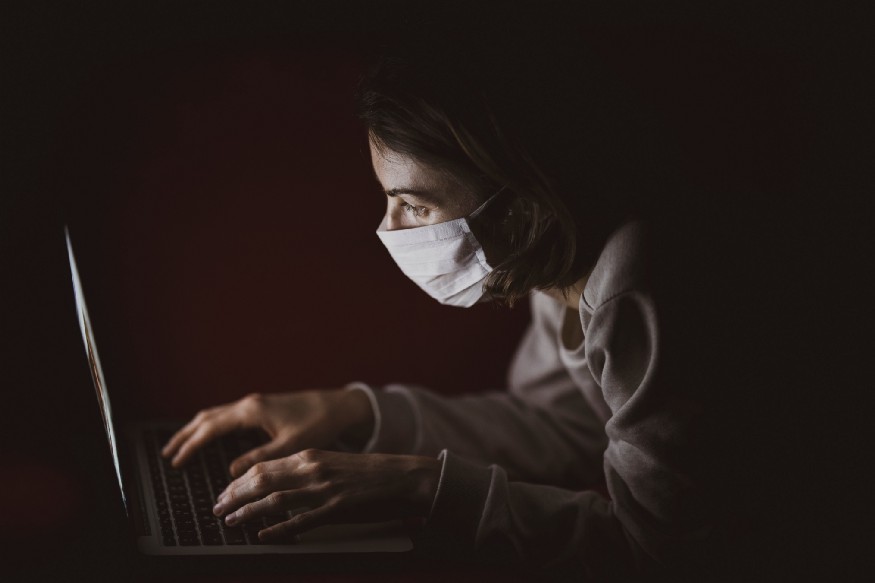The 2020 coronavirus pandemic has impacted our reality in a countless number of ways, from changing the way people navigate their daily lives to influencing the outcome of national elections.
Even before the world was plunged into a pandemic that dramatically shifted how we live and work, the landscape of the start-up industry was a fast-paced and often ruthless environment, in which companies could crash and burn just as quickly as they could raise hundreds of millions of dollars.
Pre-pandemic, local economies relied heavily on people spending their time in close proximity to one another, using their dollars in person at restaurants and stores. When quarantine orders hit, many businesses were forced to close their doors and make significant sacrifices in hopes of keeping their businesses afloat. However, much of the start-up ecosystem exists in the world of technology, which tends to rely on screen-to-screen rather than face-to-face contact.
A study conducted in April of 2020 illuminated a daunting potential future for the startup industry in light of the major changes that hit society. Many feared an economic crash that could lead to fundraising difficulties, which startups rely on to build their product before becoming liquid enough to turn a profit.
The numbers tell us that 20% of startups faced pulled term sheets and stagnancy from lead investors, and 16% suffered 80% or more declines in revenue. Moderate declines are commonplace among startups, but steeper ones can signal real financial danger. Overall, North America has been hit the hardest, with 84% of companies reducing headcount in some form.
But these numbers were far from completely damning for the industry, and on the other hand, deal activity fell only 6% compared to 2019 numbers.
Raising capital during a pandemic and economic crisis may seem like a white whale, but innovative quarantine-friendly ventures have been able to evade danger and instead strike gold. While 75% of startups are in industries hit hardest by COVID-19, a lucky 10% are in industries that have grown. Start-ups with missions that involve virtual spaces or ideas have experienced unprecedented levels of growth, essentially winning the lottery in a year where many lost big time. For example, virtual event start-up Hopin has seen investors essentially duke it out for stake, raking in hundreds of millions in capital during 2020.
With a crisis that has triggered a significant increase in the need for mental health resources that can be accessed from home, it follows that the already-burgeoning virtual wellness industry would get a boost. Before COVID-19, services that provided health-from-anywhere options such as virtual counseling or physician consultations were starting to gain traction as convenient options for those too busy to hit the waiting room. One example is Toronto-based mental health startup MindBeacon, which provides digital cognitive behavioral therapy (CBT), listed their IPO on the Toronto Stock Exchange in the past month and set their sights on the United States.
We’ve also witnessed an integration of the concept of wellness, typically referring to mental health and wellbeing, into considerations of overall physical health. In recent weeks, we saw this idea play out in real-time with the acquisition of HumanaCare, an employee wellness solution, by CloudMD, a comprehensive platform that provides digital doctor’s appointments. The merging of these two platforms essentially creates a digital wellness super-platform that can be accessed wherever, whenever.
Lower interest rates and an elevated stock market have enabled start-up funding to hit 36.5 billion in the third quarter of the year, an increase of 30% from 2019 — though overall startup funding is predicted to decrease by about $28 billion globally. Investors are fighting for capital in virtual environments, as ideas that don’t involve being in close proximity to others have become fruitful business ventures. Streaming platform Discord has almost doubled in valuation to a whopping $3.5 billion, and DoorDash took their company public in the past week.
However, the question of whether or not the bubble will pop once a vaccine allows a less-distanced future remains.





